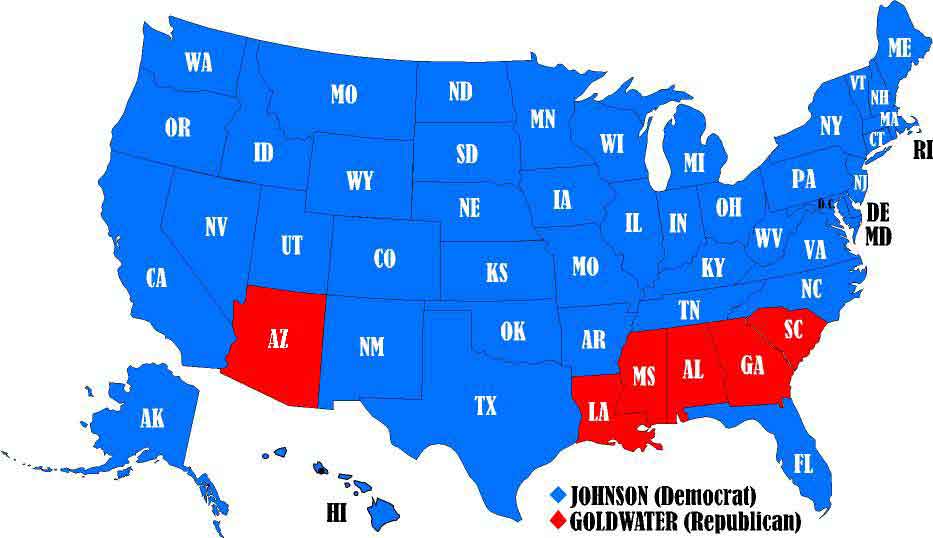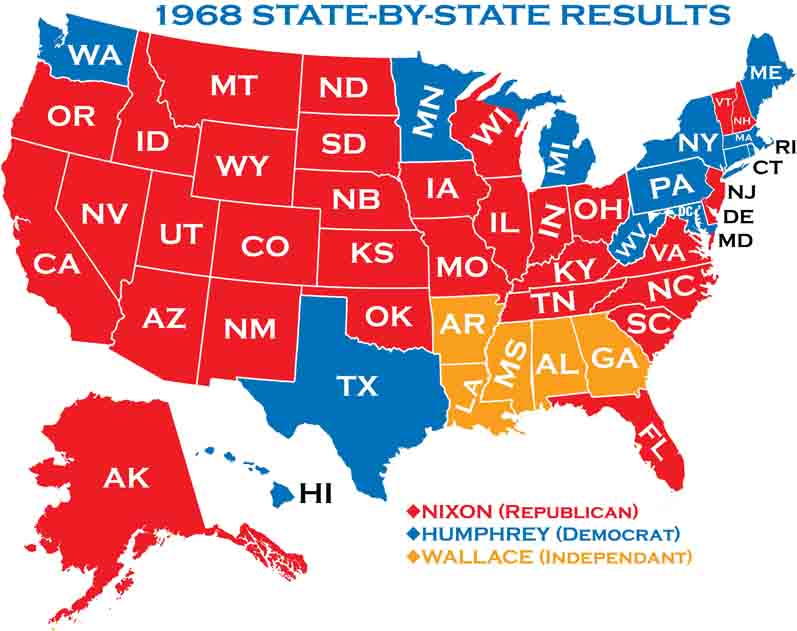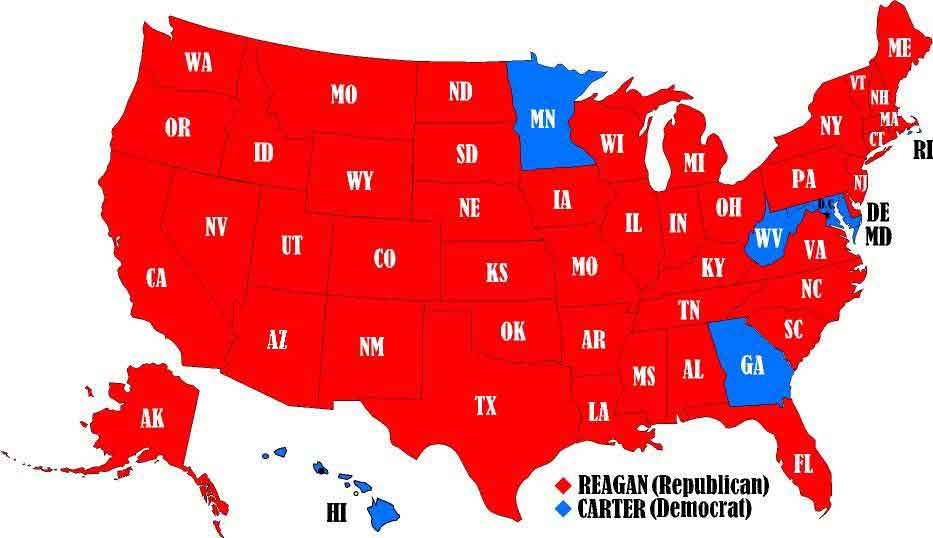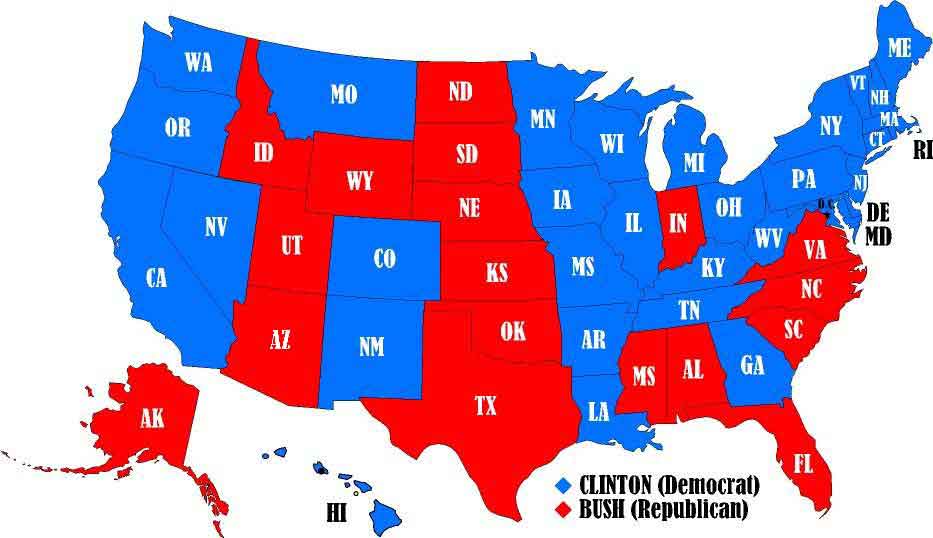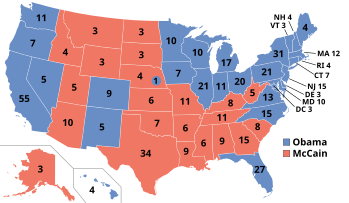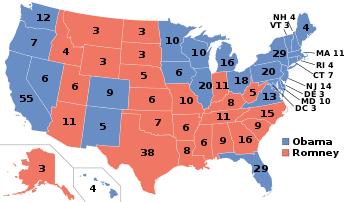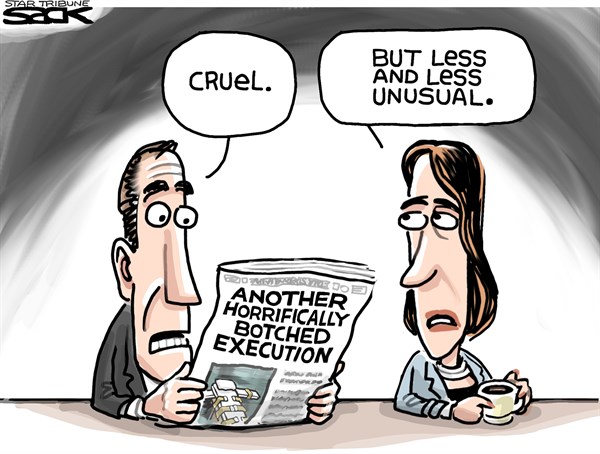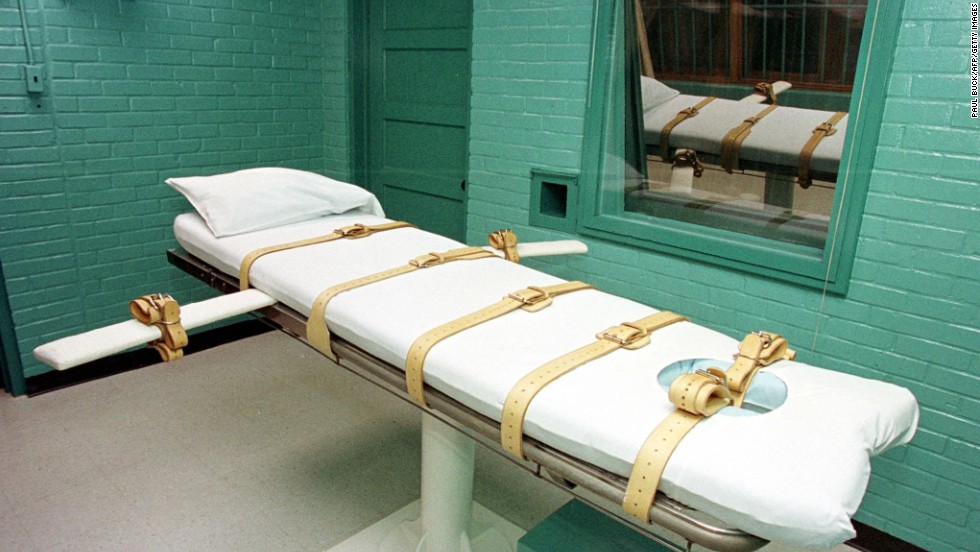 |
| Why should taxpayers pay part of Walmart's labor costs through welfare payments? |
If the minimum wage is so low -- and if employment practices prevent full-time work as a means of lowering labor costs -- that many workers must receive welfare payments to survive, we're not doing it right, full stop.
And yet we see an obvious divide: liberals prefer a higher minimum wage while conservatives argue that minimum wage increases will backfire. Both sides have studies that back them up. Sort of, that is, meaning that the studies on both sides are all over the map because we have no natural experimental data on which to base our hypotheses. In other words, we ain't been raising the minimum wage much, so we don't know what will happen.
We do have some experiments: San Francisco and Seattle -- cities with such high living standards that they need minimum wage increases simply to attract low-skill workers needed for, if nothing else, food services -- have raised minimum wages well above the national average. There is scant evidence that these cities' economies have crashed or lost jobs.
We have examples, like Germany, Australia, France, Ireland, and Denmark, that
do well with higher minimum wages.
In the arguments I've scanned, I've noticed we're missing something in the U.S. debate, and that's that we are assuming that markets are better at setting prices than governments are. Yes, the debate is taking place in a capitalistic, free-enterprise economy with declining labor unions. And that might be why we are getting this all wrong.
If we decide that regulating the labor market is the way to reduce poverty and improve the lot of the working class, then we are considered liberal in our thinking. If, on the other hand, we want to let the market for labor decide with the least regulation -- and that might imply that there should be
no minimum wage laws -- then we are considered conservative in our thinking.
I easily observed this just today by reading
this,
this,
this,
this, and
this in the Washington Post. The five stories are mostly from the conservative side, at least in that the assumptions are drawn without challenging the basic concept that we should avoid overly regulating markets, if at all. But the five articles represent the state of the debate as it is taking place in America today.
And it ain't pretty, and it comes down to this: Help the poor, but not too much. Why? Because raising the minimum wage will hurt business, and business will react by employing fewer people, thus restoring some workers to their prior state of misery because higher wages are bad for business!
Of the five articles I link to -- all are from the Washington Post -- two by George Will and Robert Samuelson represent the conservative oh-no-you'll-wreck-business-don't-do-it! point of view on minimum wages, two by Catherine Rampell and Dylan Matthews represent attempts at balance on the subject, and one by Mike Konczal represents the view that raising the minimum wage, in general, can have positive outcomes.
Only Mike Konczal is an actual economist, and his argument, unsurprisingly, has statistics that indicate raising the minimum wage would have good results. Of the five, I liked Konczal's the best, possibly because his article is entitled "Economists agree: Raising the minimum wage reduces poverty." In other words, his question was how can we reduce poverty. And his answer was by paying higher wages where they count the most, that is, among the very poorest.
That's asking the right question and getting the right answer. It's preferable to these alternatives:
- How can we pay the least amount of wages and increase profits, which will then be shared by business owners and their investors?
- How can we find the sweet spot -- raising wages just enough that we don't hurt the bottom line or disturb the prevalent labor market efficiencies but appear to care ever so slightly about the working poor -- that will make us feel marginally better about ourselves?
- How much longer can we pretend that minimum wage increases will harm the job creators and thus end up hurting the working poor?
One thing is clear: What we're generally missing in this debate is a sense that the real question to answer is, "How do we improve the most lives within the economy we control?"
That is the question Bernie Sanders is asking, which explains many of his policy preferences. Martin O'Malley is closer to Sanders on this issue. Hillary Clinton agrees, but remains vague in her policy pronouncements. It appears, though, she has moved left.
The GOP candidates, to a person, don't prefer giving raises to the poor and working classes. For them the question remains, "How do we lower taxes on the rich and do the least for the poor and working classes before we begin to lose the support of low-information voters who, by appealing to their racism and nativism, we've successfully bamboozled all these years?"
 |
A not so incongruous picture: How many people in this photo of people protesting
Obama's visit to Tennessee are liberal? How many are likely to vote Republican?
How many would like to see the minimum wage go up without knowing their
voting for Republicans will make sure it doesn't? How many completely get
why they chose to wave Confederate flags as an anti-Obama gesture? |
Bonus article: I found this surfing for graphics. It's
a concise debunking of arguments against raising the minimum wage. It rings true. Read it as a companion piece to Konczal's.

















